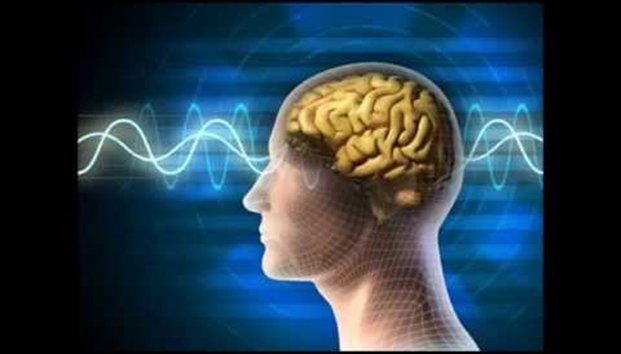The syndrome of phantom vibration
The phantom vibration syndrome is one of the convincing evidence of how technology has invaded the human psyche. Technological devices are no longer external objects to access when we need it. Little by little they have become, almost literally, part of our body.
It is called phantom vibration syndrome to the tactile sensation that the mobile phone is vibrating, without it really happening. It takes place at any time and is completely realistic. It seems impossible to the person that this activation of the mobile phone was just a tactile hallucination.
"And one day the mind gives the leap from imagination to hallucination, and the congregant sees God, hears God."
-Oliver Sacks-
It is estimated that up to 80% of the population has experienced phantom vibration syndrome, although it is not considered a pathology as such. However, if this symptom is accompanied by other disturbing behavioral patterns such as excessive dependence on the digital media or obsession with them, the topic could be somewhat serious.
Causes of phantom vibration syndrome
The brain reacts to sensory stimuli. When a stimulus is perceived, the senses send the corresponding signals and the brain responds accordingly. If the house bell rings, for example, the brain, in a few seconds, decodes the signal and understands that someone is called. It is the classic stimulus-response.
Now then, why does the phantom vibration syndrome occur? In other words, why does the brain perceive that there is a stimulus that has never been produced and reacts to it? Everything seems to indicate that this is due to a kind of anticipation in front of a desired fact. A call or a communication is the stimulus that is desired. Sometimes so much, that the same senses are responsible for making it artificially.
There is a part of us that would hate to miss an expected call. Or simply there are people who are "hyperconnected" and who practically live according to the mobile phone. The phantom vibration syndrome, in this case, corresponds to a state of constant expectation, in the face of the desire to "stay connected".
It is worth noting that most people experience that phantom vibration only at certain moments in their lives. For example, when they are more susceptible or emotionally vulnerable. Or when they are particularly stressed or with some feeling of latent anguish.
Problems associated with this syndrome
Some researchers at the University of Michigan have proposed the idea that phantom vibration syndrome is not as harmless as it seems. In that university center an experiment was carried out with 400 volunteers. All of them were students. What the study was looking for was to establish the relationship between the phantom vibration syndrome and the attachment anxiety.
The results of the experiment confirmed his suspicions. It was verified that people with greater attachment anxiety traits were also more likely to experience phantom vibration syndrome. Attachment anxiety is characterized by a constant longing to feel reaffirmed by others.
In the same way, an investigation carried out in the School of Medicine of Dow International, established another interesting element. They concluded that people with insomnia problems were more likely to have tactile vibration hallucinations. The common point is anxiety.
When to worry?
In general terms, the phantom vibration syndrome is not considered a worrying phenomenon. The usual thing is that it simply obeys the growing dependence on technology. In certain circumstances, in which the psychological defenses are lower, this type of illusory perceptions tend to occur. Likewise, most of the time there are no such hallucinations.
Health professionals and all those people who work at high risk, or maximum responsibility, tend to perceive phantom vibration more frequently. In those cases, it is considered an adaptive behavior. They are people who must remain alert to meet their obligations, which is why it is not unusual for them to have this type of hallucinations.
It has also been discovered that for most people this type of experience does not matter much. They take it as a mistake of judgment without great importance. It is not something that affects their mood or causes them discomfort.
When then should the phantom vibration syndrome be of concern? When accompanied by frequent anxiety states or the "false alarm" is conjugated with disappointment, anger or discomfort, there are reasons to worry. In these cases it is important to reflect and explore what is truly behind these illusory perceptions.




